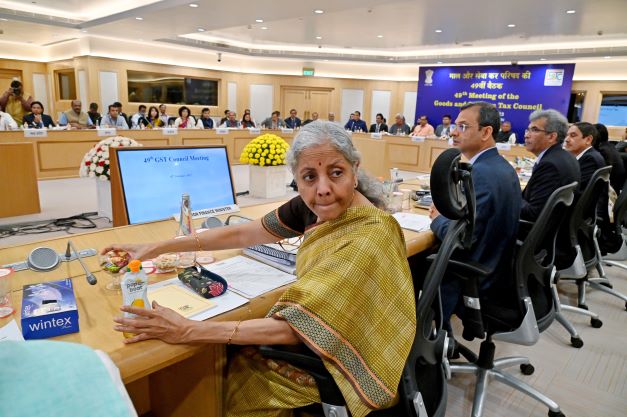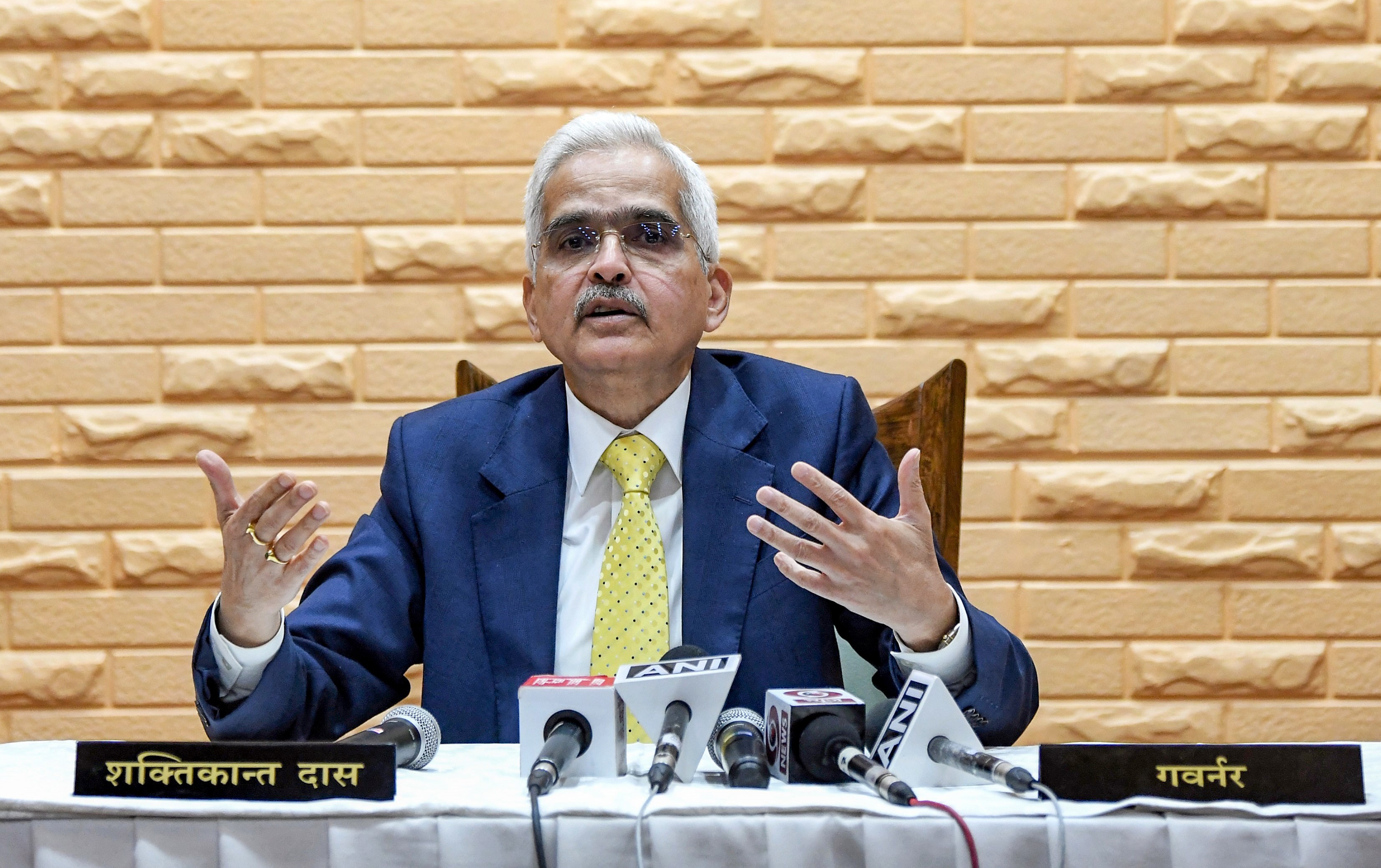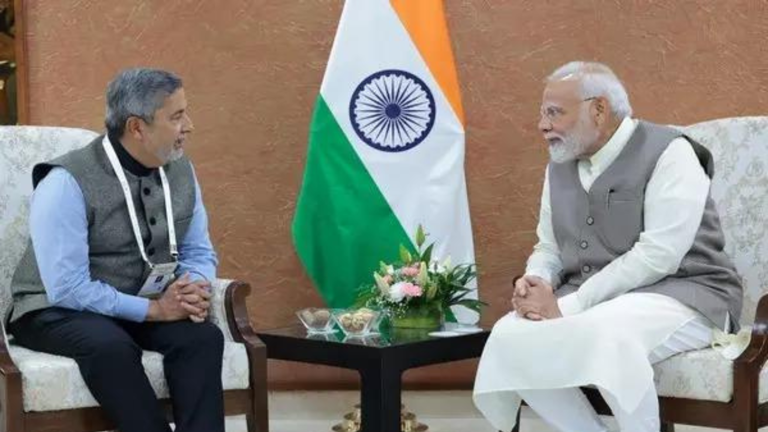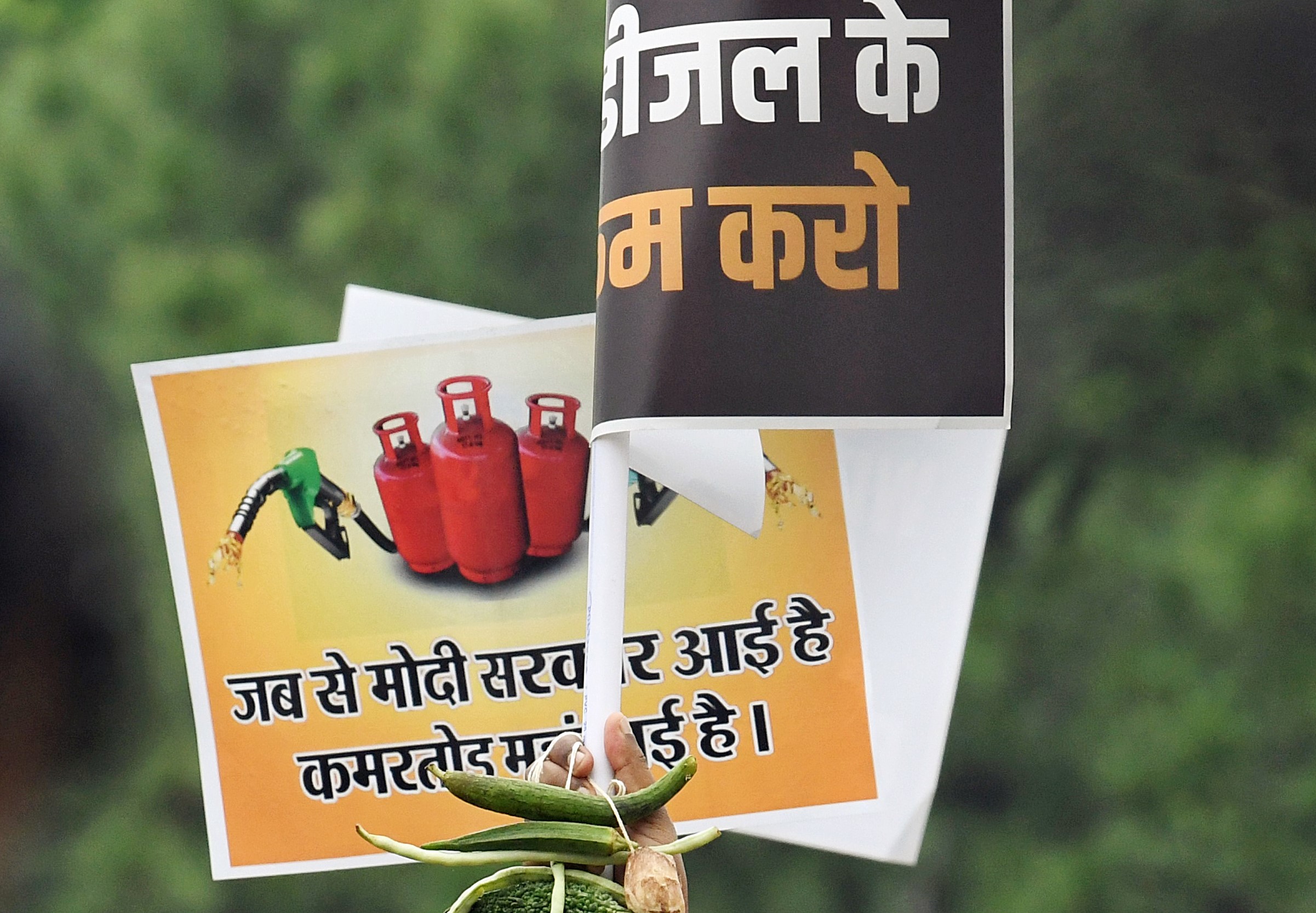Petroleum products can be part of GST after a nod from the council members
Our Bureau
New Delhi
Union Finance Minister Nirmala Sitharaman on Saturday said the entire pending dues for the GST compensation cess to the states will be cleared as of February 18. “Till May 31, we have already cleared GST compensation,” the finance minister added. Sitharaman said the entire pending balance of the GST compensation cess — a total of Rs 16,982 crore — will be cleared and “although this amount is not available with the compensation fund as of today, we have decided to release from our own resources and the same amount will be recouped from the future compensation cess collection”.
While speaking during the press conference after the GST Council Meeting on Saturday, the finance minister said, “With this release, the Centre would clear the entire provisional admissible compensational cess dues for five years as envisaged in the GST Compensation to States Act, 2017.”
In addition, the finance minister said the Centre would clear the admissible final compensation to those states, which have provided the revenue figures as certified by the audit accountant general of the states and that amounts to Rs 16,524 crore.
While speaking on the reduction of GST rates, Sitharaman also said, “We are reducing the item on Raab — the kind of liquid jaggery — to between nil to 5 per cent.” She said if it’s lost it will be nil and if it’s prepackaged and labelled, it will be 5 per cent.
Earlier, Vivek Johri, Chairman, Central Board of Indirect Taxes and Customs (CBIC), has said that Rs 1.5 lakh crore in goods and services tax (GST) collection has become the new normal and that the Board is confident that it will cross this figure in the coming year. The gross GST revenue collected in January 2023 was Rs 1,55,922 crore. This was for the third time, in the current financial year, GST collection has crossed Rs 1.50-lakh-crore mark. The GST collection in January 2023 is the second highest next only to the collection reported in April 2022.
In an interview, CBIC Chairman Vivek Johri said, “We can assume an average monthly GST collection of Rs 1.45 lakh crore to Rs 1.5 lakh crore.” He added, “Rs 1.5 lakh crore has become the new normal and we are confident that we will cross this figure in the coming year.”
Johri said that the biggest reason for increased GST collection is that there has been a significant increase in I-T return filing and compliance. Both the Centre and the state governments have worked together. The return filing percentage has increased a lot, he said, adding, “Along with that the economy has also picked up.” He said the economy has become robust and the effect of Covid is over. “There has also been some increase due to inflation,” he added.
Johri said, “We have definitely increased the National Calamity Contingent Duty (NCCD) on cigarettes, there has been an increase of about 16 per cent.” It has been increased because cigarettes are demerit goods, he said, adding that its consumption has a bad effect on health.
CBIC chairman said there was no increase on tax on cigarettes for the last three years. In a way, the Board has done induction of duty, he said. “From this, I believe that there will be no significant difference on smuggling because if we take the proposal of total tax, then this increase is not very much,” Johri added.
In the context of gold, Johri said it was believed that as the duty on gold increases, so does the smuggling. He added, “But this is wrong because we found in our analysis that smuggling happened even in the years when the duty on gold was low.”
In another development, the petroleum products can be part of GST and what is needed is the nod from the council members.
Petroleum products are currently not part of the GST framework. “The provision is already available for petroleum products to be brought into the GST. My predecessor had already made the window kept open. Once the states agree we will have the petroleum products also covered under GST. So, that’s not so much us not doing it, and the entire (GST) council saying ‘yes’,” said Nirmala Sitharaman on last Wednesday.
She made the remarks while participating in a post-Budget interactive session of the industry body, PHD Chamber of Commerce and Industry (PHDCCI), here in reply to a question. “Not just yes…what they (council members) have to do is to determine a rate and once they tell me the rate, we get it into the GST,” she added.

























